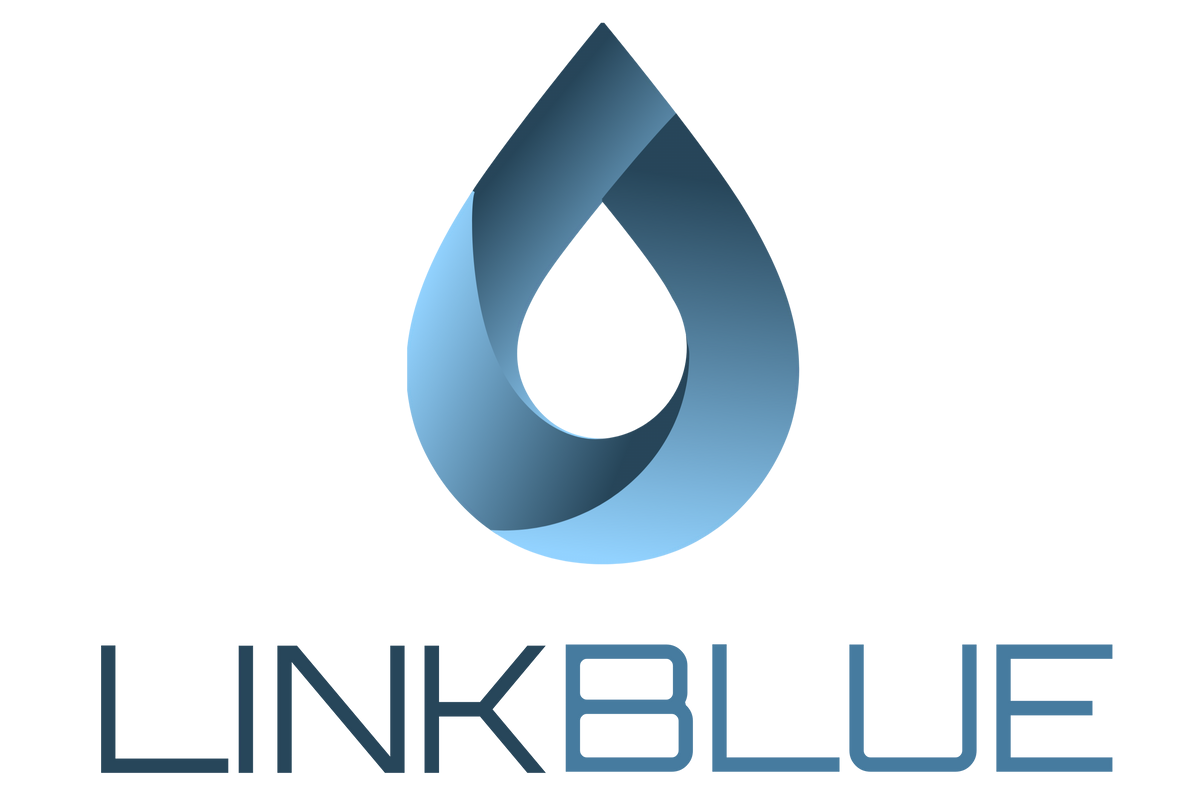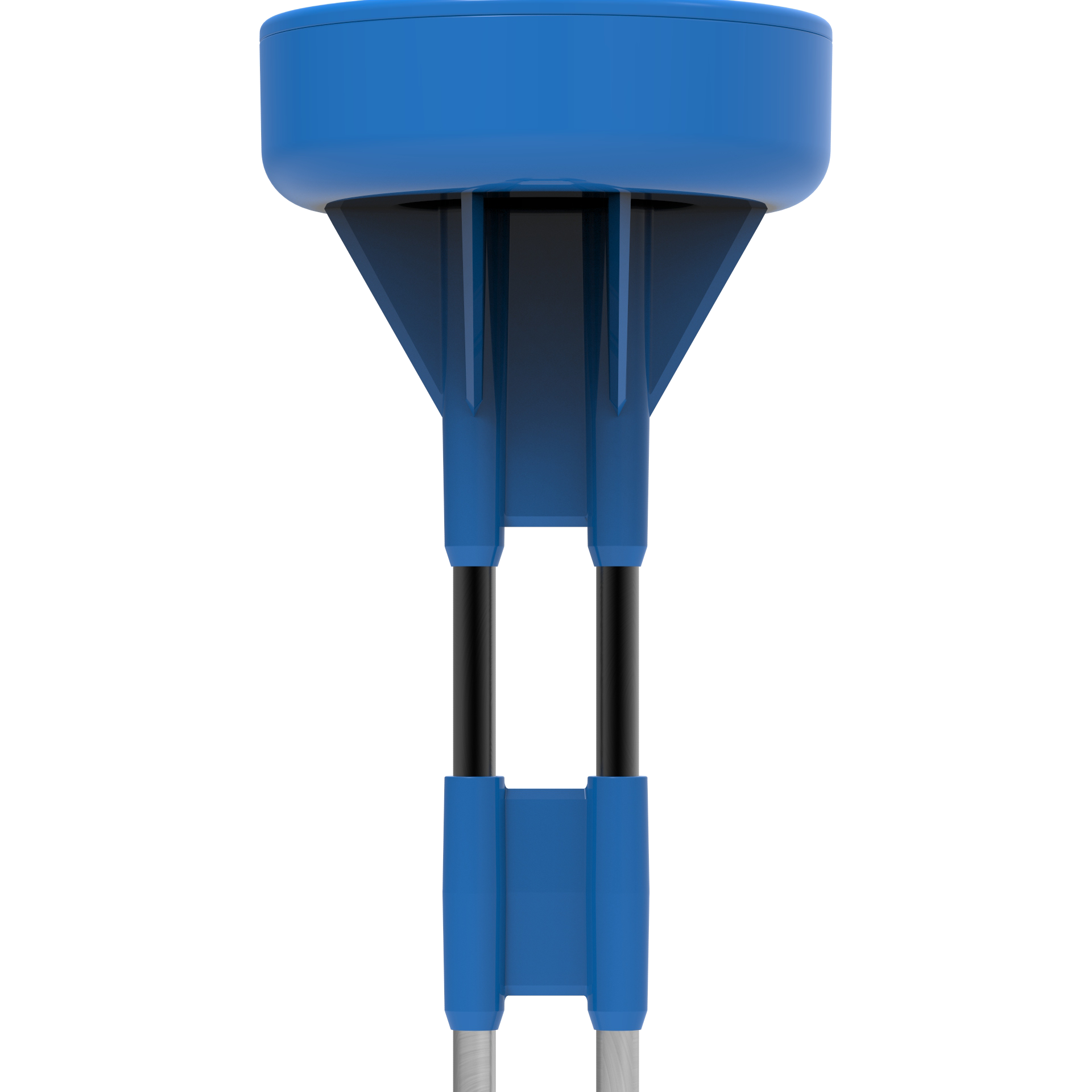Enhancing Farming Efficiency: The Power of Irrigation Management Tools
In today's rapidly evolving agricultural landscape, the demand for innovative solutions to optimize farming practices has never been greater. One such solution that is revolutionizing the way farmers manage irrigation is the advanced irrigation management tool. By providing valuable insights into soil moisture levels, water consumption patterns, and enabling remote control of irrigation pumps, these tools are empowering farmers to make informed decisions and significantly enhance their productivity. In this article, we will delve into the numerous benefits that farmers can reap from adopting these cutting-edge technologies.
Precise Water Management:
Efficient water management is crucial for maximizing crop yield while conserving water resources. Traditional irrigation methods often lack accuracy, leading to water wastage or insufficient irrigation. With an irrigation management tool, farmers gain real-time visibility into the soil moisture levels, enabling them to irrigate crops precisely when and where it is needed the most. By avoiding over- or under-irrigation, farmers can optimize water usage, reduce water costs, and minimize the risk of crop stress or diseases caused by improper irrigation.
Improved Crop Health and Quality:
Maintaining an optimal soil moisture balance is vital for promoting healthy crop growth. By monitoring soil moisture levels using advanced sensors integrated into the irrigation management tool, farmers can ensure that their crops receive adequate hydration throughout their growth stages. This precise control fosters stronger root development, better nutrient absorption, and improved overall crop health. As a result, farmers can achieve higher crop yields, enhanced product quality, and increased profitability.
Time and Labor Savings:
The remote control capabilities of irrigation management tools provide farmers with unparalleled convenience and efficiency. Instead of manually operating irrigation systems or constantly traveling to irrigation sites, farmers can remotely monitor and control the irrigation pumps from anywhere, using a computer or smartphone. This time-saving feature allows farmers to focus on other essential farm tasks, such as crop monitoring, pest control, and planning, ultimately streamlining their operations and improving productivity.
Data-Driven Insights:
One of the most significant advantages of irrigation management tools is their ability to generate comprehensive data and insights. By collecting and analyzing information on soil moisture, weather conditions, and water consumption patterns, farmers gain valuable knowledge about their fields' specific needs. This data-driven approach empowers farmers to make informed decisions regarding irrigation schedules, crop rotation, and resource allocation. Moreover, historical data can be used to identify long-term trends, enabling farmers to optimize their irrigation strategies over time and make adjustments based on changing climatic conditions.
Sustainability and Environmental Stewardship:
Effective water management is essential not only for farmers but also for the environment. By utilizing irrigation management tools, farmers can contribute to sustainable agricultural practices by minimizing water waste and reducing their ecological footprint. Efficient irrigation practices enabled by these tools help conserve water resources, protect local ecosystems, and ensure the long-term viability of farming operations.
Conclusion:
Irrigation management tools are transforming the way farmers approach irrigation, offering a range of benefits that enhance farming efficiency and sustainability. By providing real-time insights into soil moisture levels, enabling remote control of irrigation pumps, and facilitating data-driven decision-making, these tools empower farmers to optimize water usage, improve crop health, save time and labor, and contribute to a more sustainable agricultural future. Embracing these cutting-edge technologies can undoubtedly revolutionize irrigation practices, leading to higher yields, enhanced product quality, and greater profitability for farmers worldwide.









